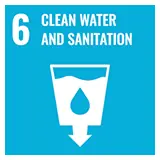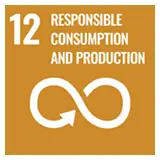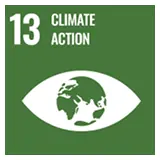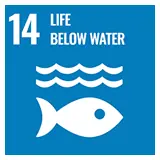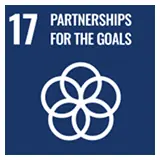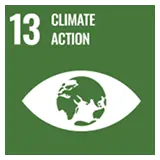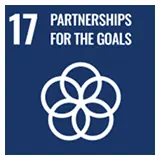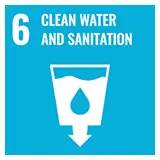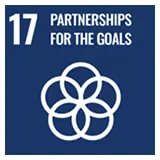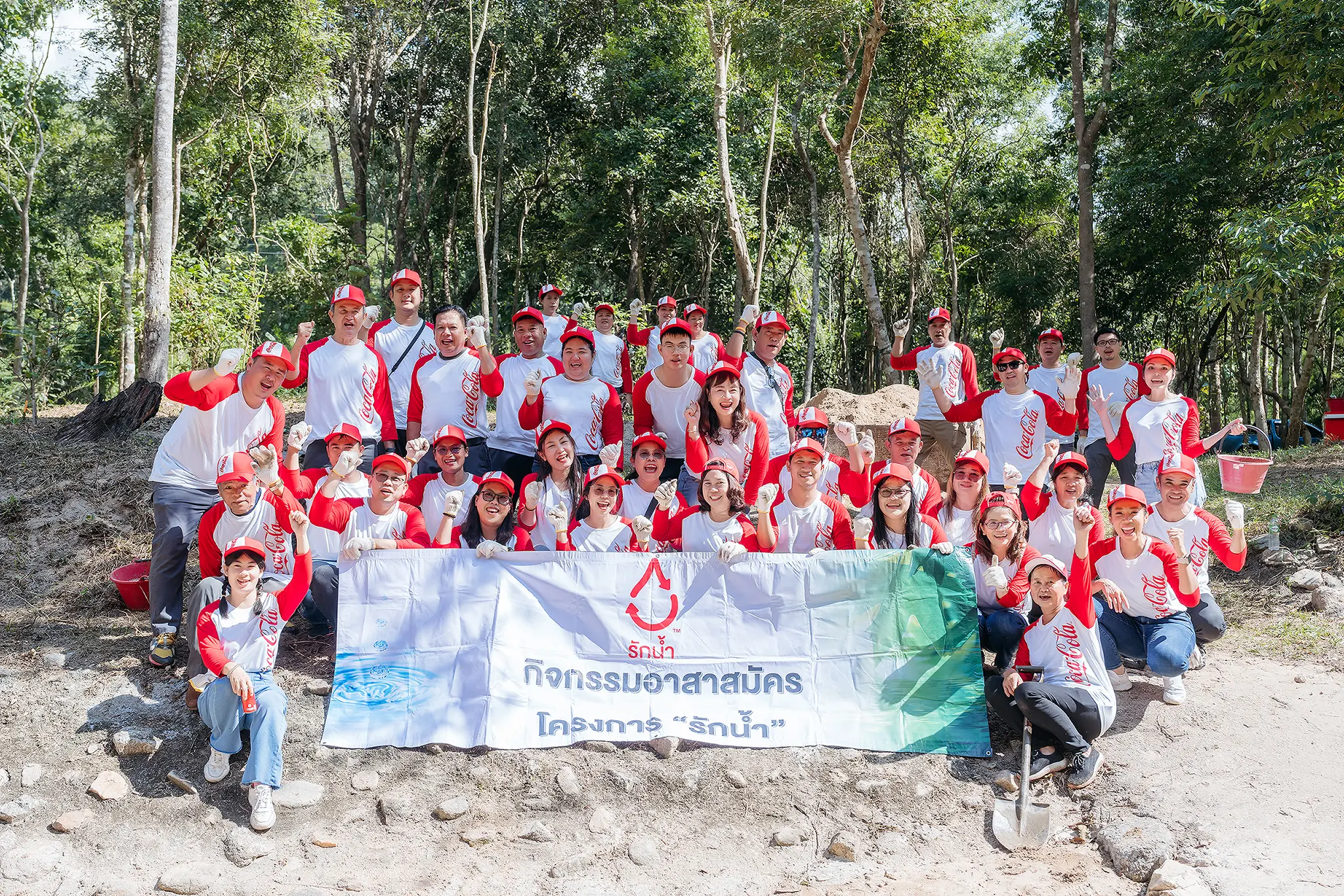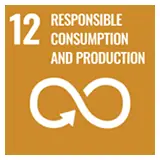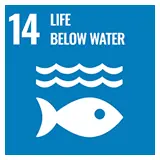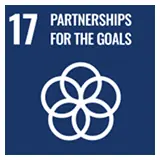Planet
We are committed to minimizing the environmental impact of our operations through action plans in three focus areas: Climate, Water, and Packaging & Waste.
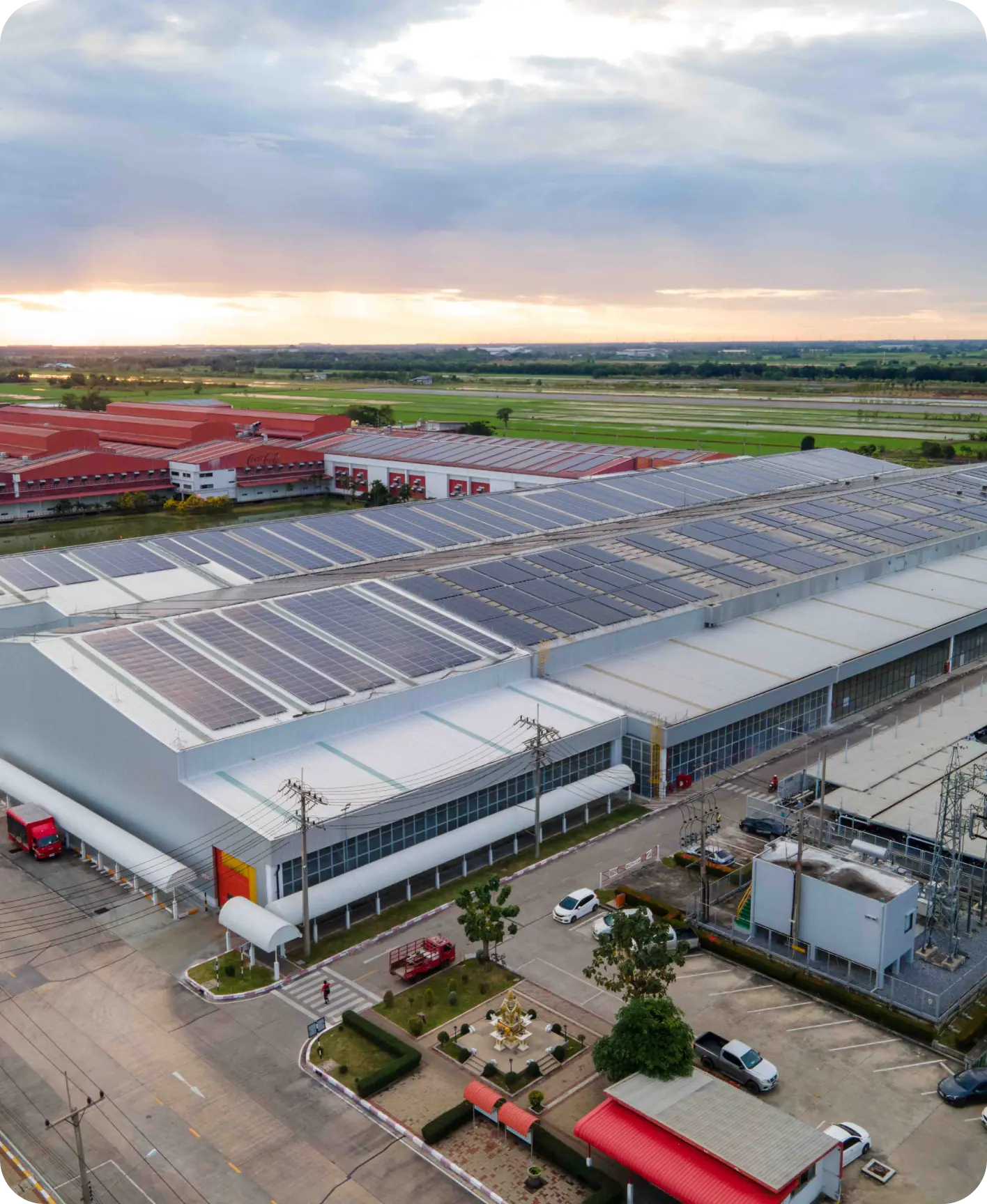
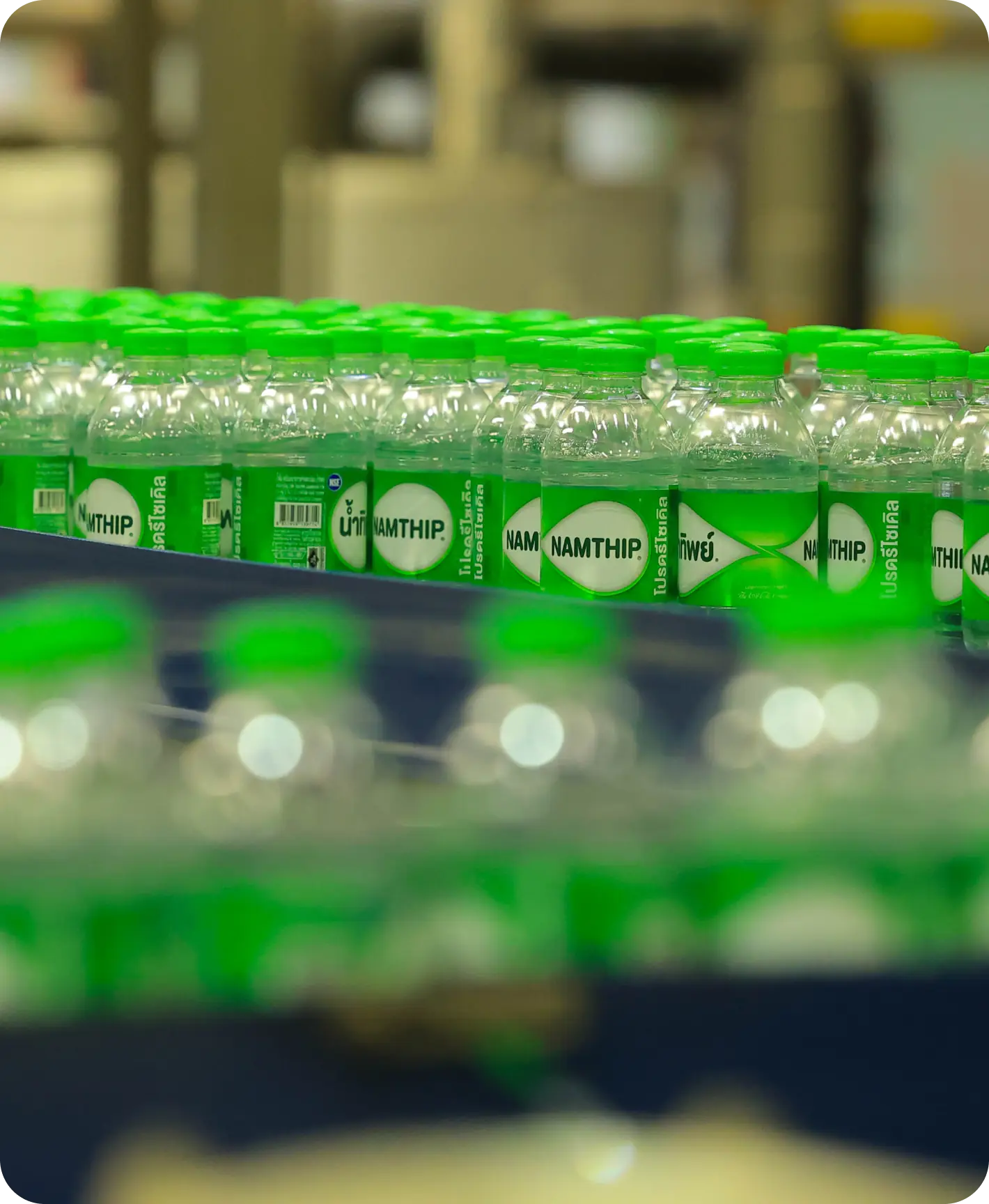
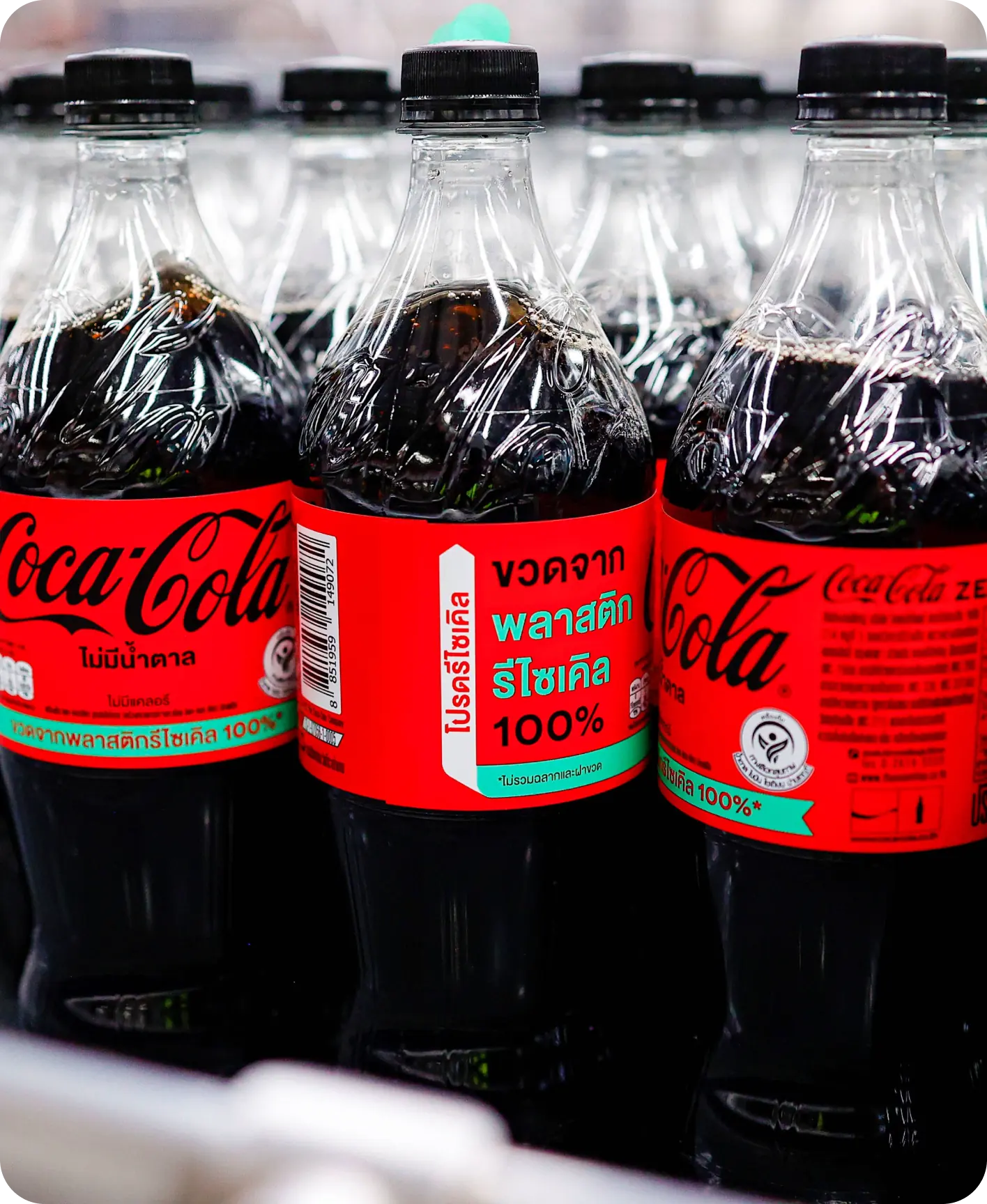
Planet: Committing to environmental stewardship
We are committed to reducing absolute greenhouse gas (GHG) emissions across our value chain in line with the global target to limit warming to 1.5°C. We aim to enhance our business resilience amid climate change by developing GHG reduction plans aligned with international standards. This includes integrating climate change considerations into our business operations and value chain, as well as embedding sustainability principles into our decision-making processes and overall business model.
Investing in innovation and operational excellence
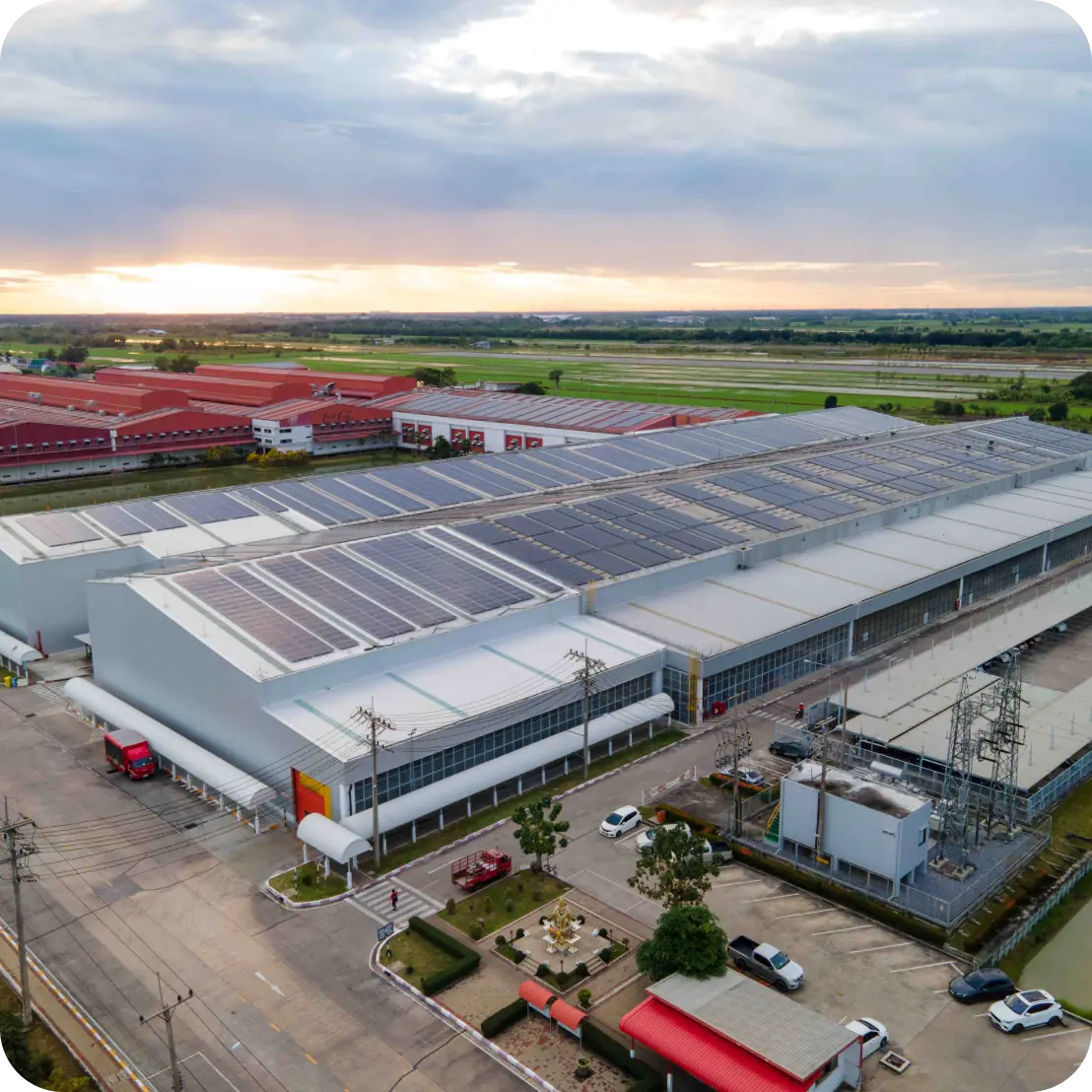 - We have installed solar panels at all our bottling plants. As of December 31, 2024, these panels generate 12.626 MWp of solar power, reducing carbon emissions by 7,352 tons and reducing energy consumption by approximately 3.7% of our total energy use.
- We have installed solar panels at all our bottling plants. As of December 31, 2024, these panels generate 12.626 MWp of solar power, reducing carbon emissions by 7,352 tons and reducing energy consumption by approximately 3.7% of our total energy use.
For the year ending December 31, 2024, renewable energy accounted for over 10% of the electricity used in our main operations.
- We have introduced innovations such as the air compressor optimizer, heat recovery air compressors, and high-efficiency motors, resulting in a reduction of energy use from 0.372 MJ/L Bev in 2022 to 0.339 MJ/L Bev in 2024.
- We have installed telematics technology in our delivery fleet to increase fuel efficiency and improve driver safety, resulting in an overall fuel consumption improvement of 34.1%.
- We regularly organize training sessions for employees to enhance their knowledge and skills in optimizing production and distribution processes to better respond to climate change. These sessions emphasize the importance of energy efficiency and encourage the development of more environmentally friendly work practices.
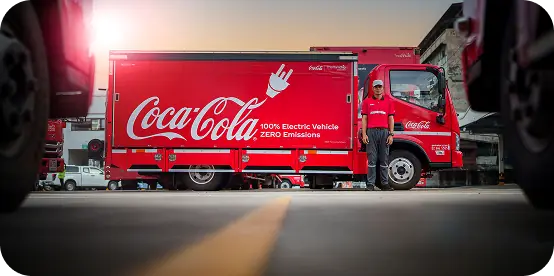
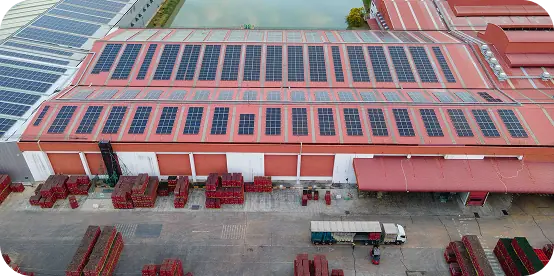
Water is crucial resource and an essential ingredient for our products. Water usage efficiency lies at the heart of our approach to enhancing excellence, as water is not only essential for our beverage production processes but also vital to the communities around us, especially in water-stressed areas. Hence, we are committed to reducing water usage in our operational processes and promoting responsible water use practices throughout the entire supply chain.
- Continuous exploration of technologies and practices helps optimize water usage. In 2023, our total water consumption was reduced by approximately 4.1% compared to 2022, saving 192.6 million liters of water. In 2024, water consumption decreased by around 8.6% from 2023 levels, resulting in a total saving of 382.9 million liters.
.webp)
- Targeting third-party validation for all source vulnerability assessments.
.webp)
- Committed to complying with all relevant laws and regulations—particularly those related to wastewater treatment and discharge—in every area of operation, to ensure that our activities do not negatively impact the environment or surrounding communities.
.webp)
To ensure that water remains a sustainable resource for both present and future generations, the company integrates environmental considerations alongside economic and social benefits. We actively contribute to the protection and replenishment of water sources in local communities and natural ecosystems through collaboration with partners. This includes efforts to understand, monitor, and manage risks and impacts related to water resources.
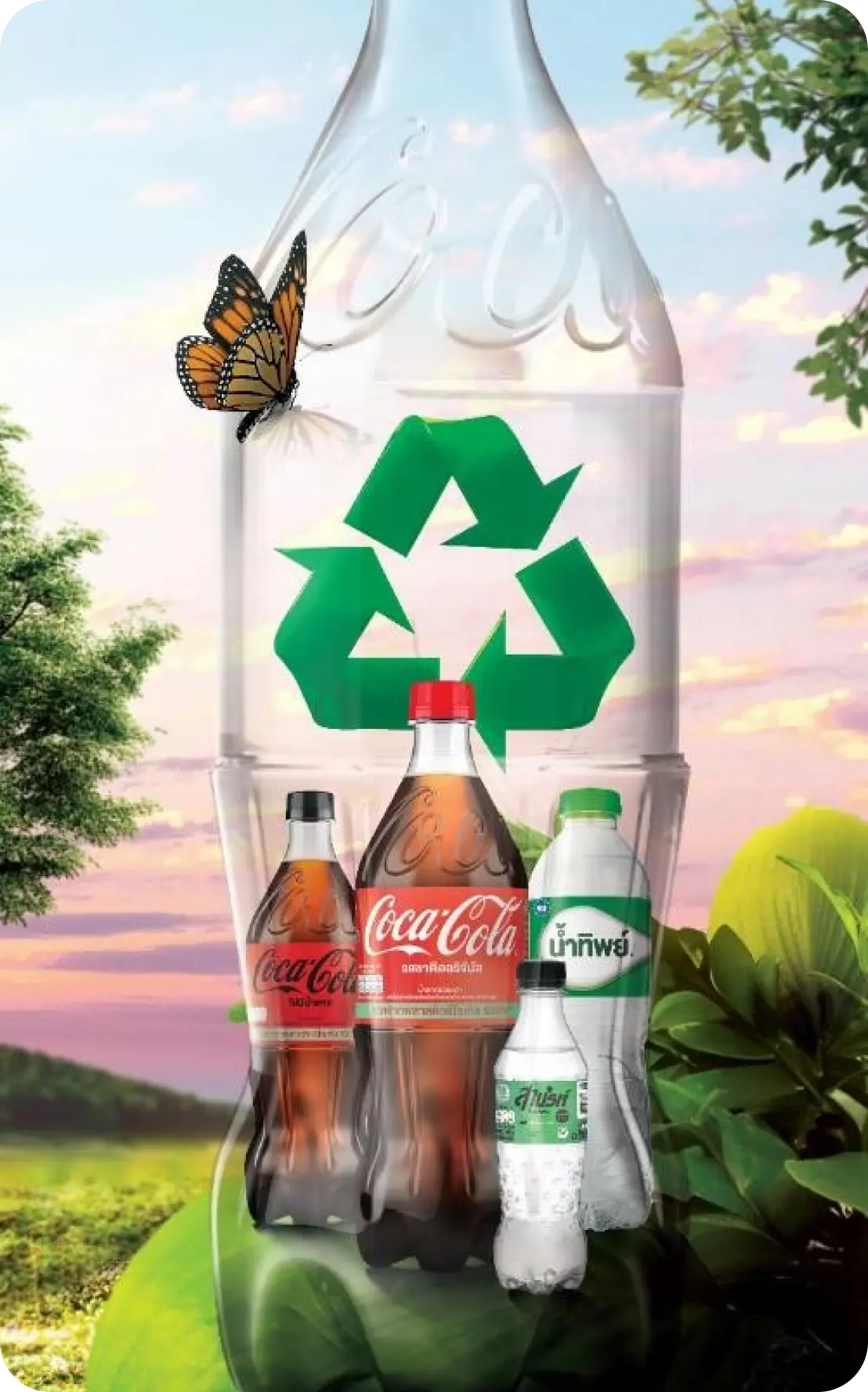 ThaiNamthip Coca-Cola is committed to designing primary packaging with consideration for environmental impact throughout its entire life cycle. Collaboration with stakeholders is promoted to drive sustainable use of circular resources, alongside a strong focus on internal waste management. Key initiatives include using recycled materials in our primary packaging, supporting the collection of post-consumer packaging for recycling, minimizing waste generated during production, and reducing the volume of waste sent to landfills.
ThaiNamthip Coca-Cola is committed to designing primary packaging with consideration for environmental impact throughout its entire life cycle. Collaboration with stakeholders is promoted to drive sustainable use of circular resources, alongside a strong focus on internal waste management. Key initiatives include using recycled materials in our primary packaging, supporting the collection of post-consumer packaging for recycling, minimizing waste generated during production, and reducing the volume of waste sent to landfills.
This will be achieved through a four-fold approach comprising:
1. Designing packaging to be lightweight while using materials more efficiently and sustainably.
.webp)
Between 2009 and 2024, the weight of our 1.25-liter PET bottles for beverages decreased by 10.5%, while the weight of our 550 mL Namthip drinking water bottles was reduced by 35.0%. Cumulatively, material savings from the overall reduction amounted to 13.8% over the same period.
2. Designing primary packaging to be recyclable and continuously promoting the use of recycled materials in our primary packaging. The Quality, Safety, Environment, and Packaging (“QSE & Packaging”) department is instrumental in driving packaging innovation and development that aligns with sustainability principles.
3. Supporting the collection of post-consumer packaging to promote packaging circularity through collaboration with Coca-Cola (Thailand) Limited, Trash Lucky, and network partners under the campaign "Recycle Me." This campaign educates consumers on the importance and methods of segregating post-consumer packaging at home. It also encourages participation through a points system and prize draws for properly segregated packaging collected at various collection points throughout Bangkok.
.webp)
4. Building partnerships with industry leaders, policymakers, and all relevant sectors to enhance effective post-consumer packaging management. This includes collaborating with industry operators to collect various types of used packaging alongside members of the PRO-Thailand Network, prior to the enforcement of Extended Producer Responsibility (EPR) law in Thailand.
The goal is for our primary packaging to be recyclable while continuously promoting the use of recycled materials. Progress has been made toward these objectives. In addition to aluminum cans, which are highly recyclable and contain a high proportion of recycled content, priority has been given to increasing the use of recycled materials in plastic bottles (Polyethylene Terephthalate: PET) to support sustainable plastic recycling. In 2023, the first 100% rPET bottle (excluding caps and labels) made from recycled polyethylene terephthalate("rPET") was launched.


